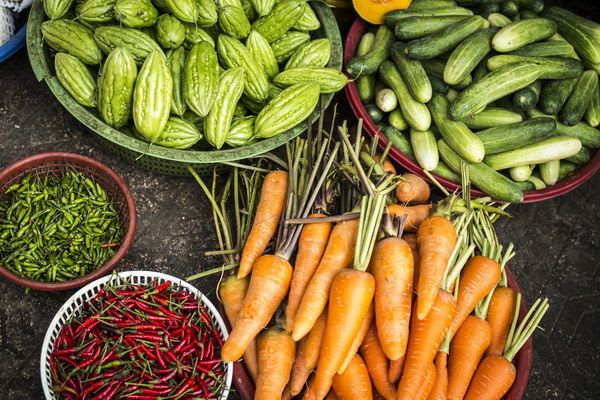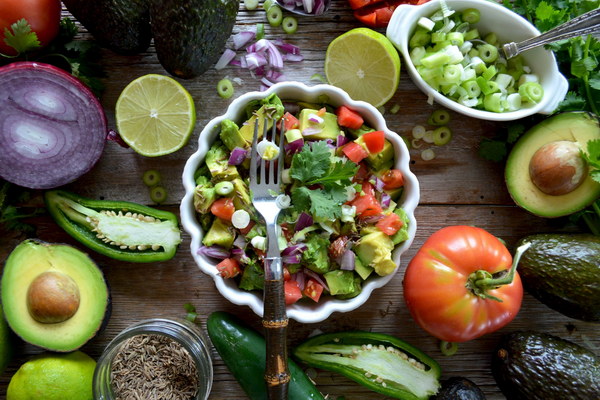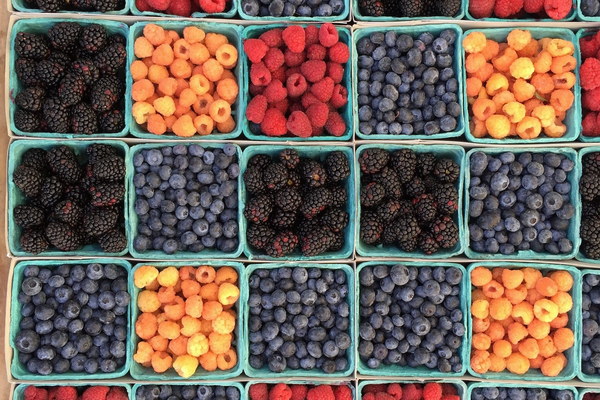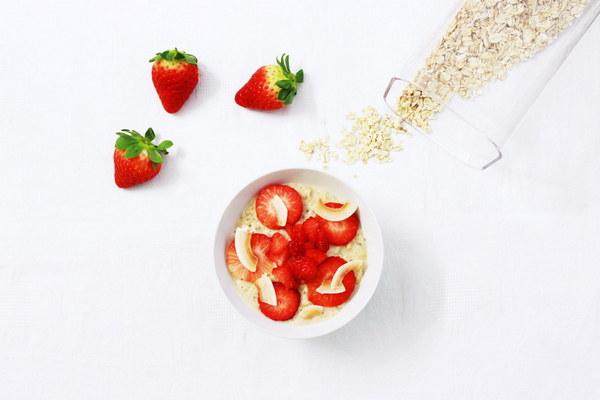Nourishing Your Kidneys A Comprehensive Guide to KidneyFriendly Diet and Lifestyle
Introduction:
The kidneys play a vital role in filtering waste and toxins from the body, maintaining fluid balance, and producing essential hormones. As such, it is crucial to adopt practices that support kidney health. This article delves into the best methods for kidney care, with a special focus on diet and lifestyle adjustments that can help maintain renal well-being.
Section 1: The Importance of Kidney Health
The kidneys are often referred to as the body's waste disposal system, and for good reason. They filter out waste products, regulate blood pressure, and produce hormones that are essential for bone health and red blood cell production. Ensuring that your kidneys are functioning optimally is not only important for overall health but can also prevent kidney disease and its complications.
Section 2: Diet for Kidney Health
A kidney-friendly diet is designed to minimize the workload on the kidneys and provide essential nutrients. Here are some key points to consider:
1. Reduce Sodium Intake:
Excess sodium can cause the kidneys to work harder to maintain fluid balance, leading to increased blood pressure and kidney stress. Limit processed and packaged foods, which are often high in sodium.
2. Limit Protein:
High protein diets can be hard on the kidneys, especially in those with existing kidney disease. Opt for lean proteins like poultry, fish, and plant-based sources such as beans and lentils.
3. Choose Healthy Fats:
Include healthy fats like those found in fish, nuts, and olive oil in your diet, as they can support overall health and reduce the risk of heart disease, which is closely linked to kidney health.
4. Stay Hydrated:
Drinking plenty of water is crucial for kidney function. Aim for at least 8 glasses a day, unless otherwise advised by a healthcare provider.
5. Manage Potassium Intake:

While potassium is essential for heart health, excessive intake can be harmful to the kidneys. Avoid high-potassium foods such as bananas, oranges, and potatoes, especially if you have kidney disease.
6. Balance Phosphorus:
Phosphorus can accumulate in the blood if the kidneys are not functioning properly. Limit phosphorus-rich foods such as dairy, meat, and processed foods.
7. Incorporate Kidney-Friendly Foods:
Include kidney-friendly foods such as non-fat dairy, whole grains, fruits, and vegetables in your diet. These foods are low in sodium, phosphorus, and potassium and can support kidney health.
Section 3: Lifestyle Adjustments for Kidney Health
In addition to dietary changes, adopting a healthy lifestyle can significantly improve kidney health:
1. Regular Exercise:
Regular physical activity can help maintain a healthy weight, reduce blood pressure, and improve overall cardiovascular health, which is beneficial for kidney function.
2. Avoid Smoking and Limit Alcohol:
Smoking and excessive alcohol consumption can increase the risk of kidney disease and exacerbate existing kidney conditions.
3. Manage Chronic Conditions:
Conditions like diabetes and high blood pressure can damage the kidneys over time. Managing these conditions through medication and lifestyle changes is essential.
4. Regular Check-Ups:
Regular kidney function tests can help detect early signs of kidney disease and allow for timely intervention.
Conclusion:
Maintaining kidney health is essential for overall well-being. By adopting a kidney-friendly diet and lifestyle, you can support your kidneys and reduce the risk of kidney disease. Remember to consult with healthcare professionals before making significant changes to your diet or lifestyle. With the right approach, you can keep your kidneys in tip-top shape and enjoy a healthier life.









